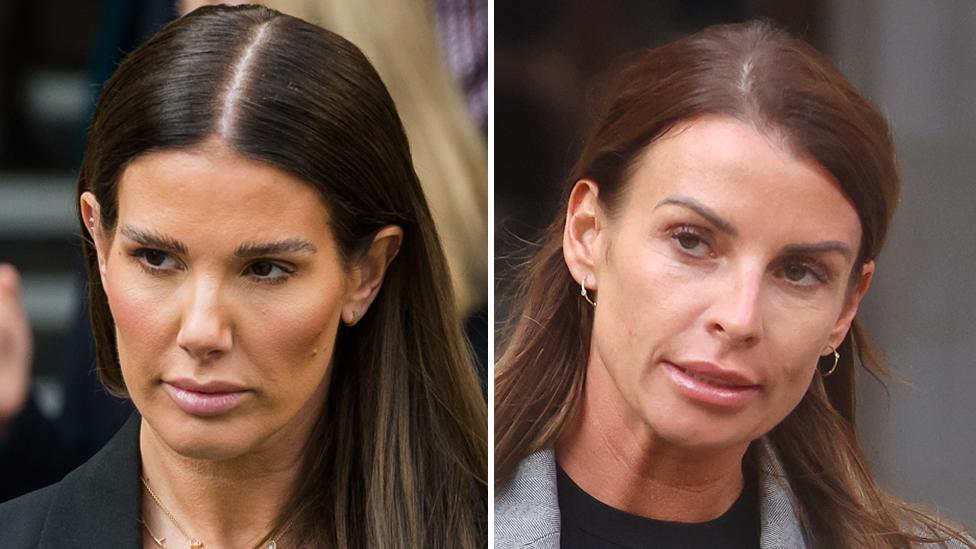Coleen Rooney reveals how she went about Wagatha sting
- Published
Coleen Rooney speaks to BBC Radio 4's Woman's Hour (video producer: Sophie van Brugen)
Coleen Rooney has revealed more details of how she went about her so-called Wagatha Christie investigation in 2019.
Rooney said she suspected Rebekah Vardy had been leaking private information about her due to her existing relationship with the Sun.
She added she also knew her friends in Liverpool would not work with the Sun, due to the city's long-running boycott of the newspaper.
Vardy denied leaking stories and sued Rooney for libel, but lost her case.
In a viral Instagram and Twitter (now X) post four years ago, Rooney publicly identified who she thought was leaking private information about her to the press.
She locked down her privacy settings so Vardy's account was the only one who could access the false stories she was posting. When the stories ended up in the Sun, Rooney publicly accused Vardy of being the leaker.
In a new interview with BBC Radio 4's Woman's Hour, Rooney said she already suspected Vardy due to the fact she had worked with the Sun, and was able to further narrow down the list of people she suspected by excluding her family and friends from Liverpool.
Vardy, the wife of footballer Jamie, lost her legal case last year and was ordered to pay 90% of Rooney's legal costs, after a judge ruled Rooney's accusation was "substantially true".
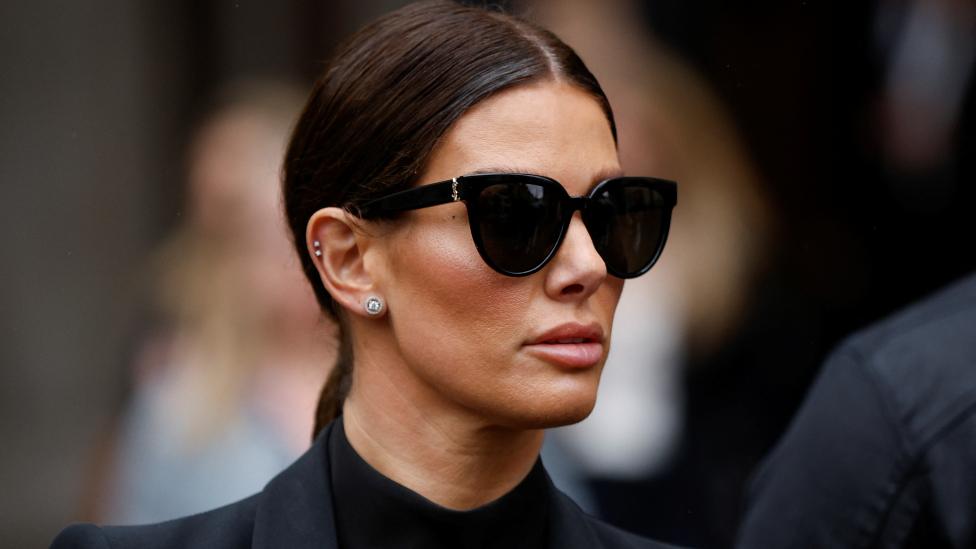
Rebekah Vardy lost her libel case and was ordered to pay 90% of Rooney's legal fees
Rooney, the wife of footballer Wayne, told presenter Emma Barnett: "It all boiled down to, this is someone who has a connection with this newspaper, that [the stories] kept going to all the time."
She explained she noticed stories about Vardy had appeared regularly in the newspaper when she searched.
"I looked through the list [of Instagram followers] - obviously there was a connection when I Googled, there was a lot of Sun exclusives," Rooney said.
"But there were the WhatsApp messages from previous [chats with Vardy]. Rebekah reached out to me a lot, whereas I never reached out."
Rooney continued: "We don't live near each other, we're only connected through our husbands playing for England together which is once in a blue moon. It's not like a week-in, week-out football club where they'd get to see each other.
"So it was from time to time, and I read over the messages back as far as it went, and it became relevant that it could be her account, because she wanted to keep in touch. The messages, I don't know you just get that feeling where things don't add up."
Rooney said Vardy also noticed when Rooney had blocked her on the platform, and messaged her to ask about it.
"I did block [Vardy] beforehand," Rooney said. "And then Rebekah reached out and messaged and said 'have you blocked me?'
"So I followed her back and said it must have been a mistake, and accepted her back into my account. And from there, I did more and more fake posts, which, some of them then did go on to be in the newspaper."
Coleen Rooney tells Woman's Hour how she feels when people call her a Wag
Rooney said another way she was able to narrow down the list of suspects was that she assumed none of her family or friends from Liverpool would work with the Sun.
The city has boycotted the newspaper for several decades due to the way it reported the Hillsborough disaster in 1989, which resulted in 97 deaths.
The paper attributed the crush to the behaviour of Liverpool fans, but it had actually occurred due to weak stadium infrastructure, poor officiating by police and severe overcrowding.
Many newsagents in Liverpool refuse to stock the newspaper as a result. Rooney said she knew her friends and family would "definitely not" work with the Sun.
"It's something that Scousers wouldn't do," she said.
"So obviously that eliminated a lot of other people from my followers that I probably wouldn't have thought it was, but [because of] that fact it wouldn't have been."
However, her husband Wayne Rooney has previously been interviewed by the newspaper, which led to a backlash from Liverpudlians. , external
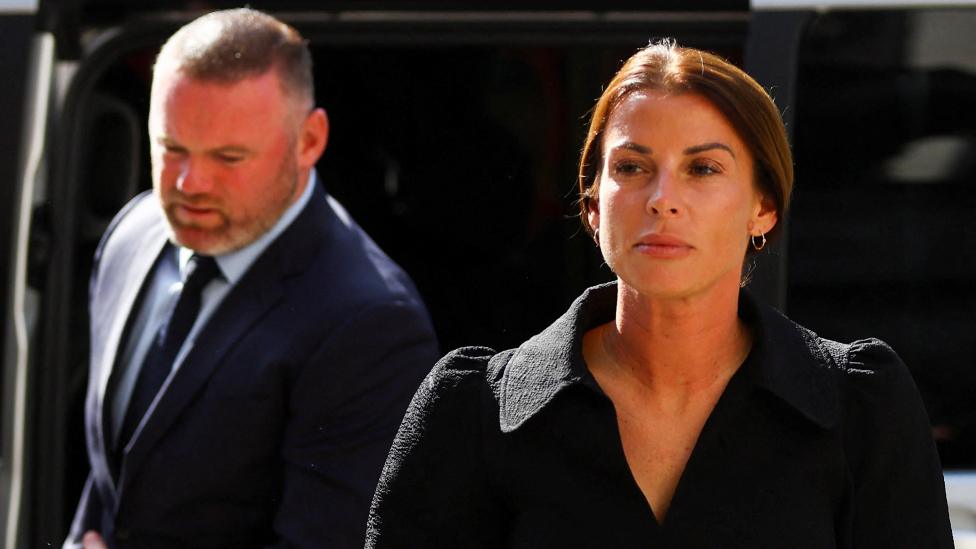
Coleen Rooney, wife of footballer Wayne, appears in a new Disney+ documentary about the Wagatha Christie case
Rooney's original sting involved posting fake information about herself on her private Instagram stories - she had both a public and private account - to see which ones would end up being reported in the press.
She then limited the number of people who could access her private Instagram stories, eventually leaving Vardy's account as the only viewer.
After the false stories appeared in the Sun, Rooney released a statement on social media explaining what she had done and accusing Vardy of being the leaker.
The affair was quickly nicknamed Wagatha Christie, a reference to Wags - a term used to describe the wives and girlfriends of footballers, and to the author Agatha Christie, famous for her detective novels.
A new documentary about the case has now been released by streaming service Disney+.
Rooney told Radio 4 it was "really frustrating that someone was giving my private information to a national newspaper", adding: "It's private for a reason.
"Some of the stories, I wasn't bothered that they were out there, but it was the fact that it was wrong to leak someone's private information, that was my whole thought process behind it, it shouldn't be getting done."
She continued: "I deal with my personal life behind closed doors, which is completely different to how the court case played out. It was so public, because it was a legal matter."
Rooney described the court battle as "one of the toughest times I've had" in her life, adding that she did not expect it to end up in court.
"I would never in a million years have thought a court case could come from that," she said. "I did not want to go to court and I was terrified because I've never been in a court room before, never been through that type of legal battle."
Related topics
- Published13 October 2023
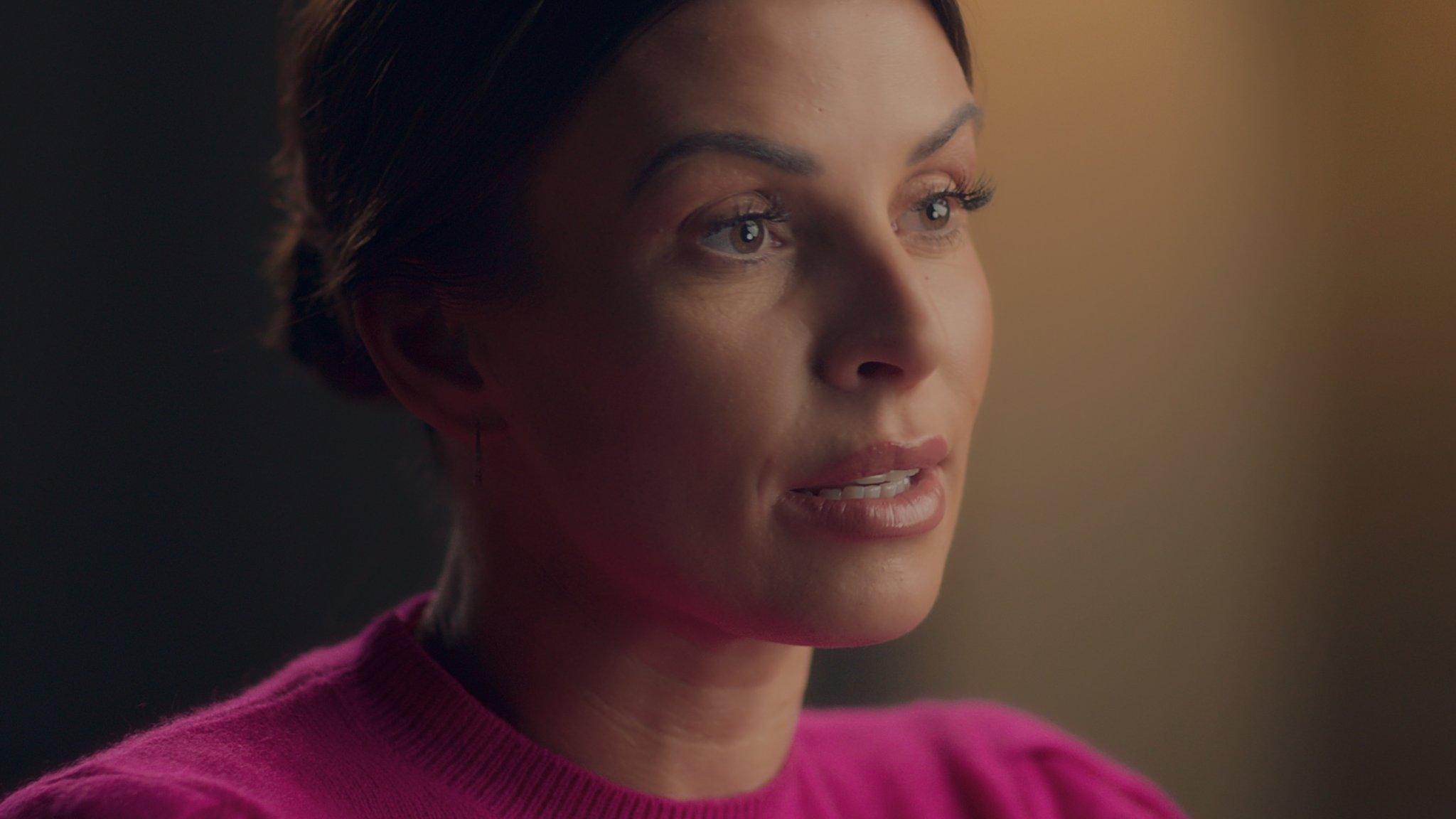
- Published17 August 2023
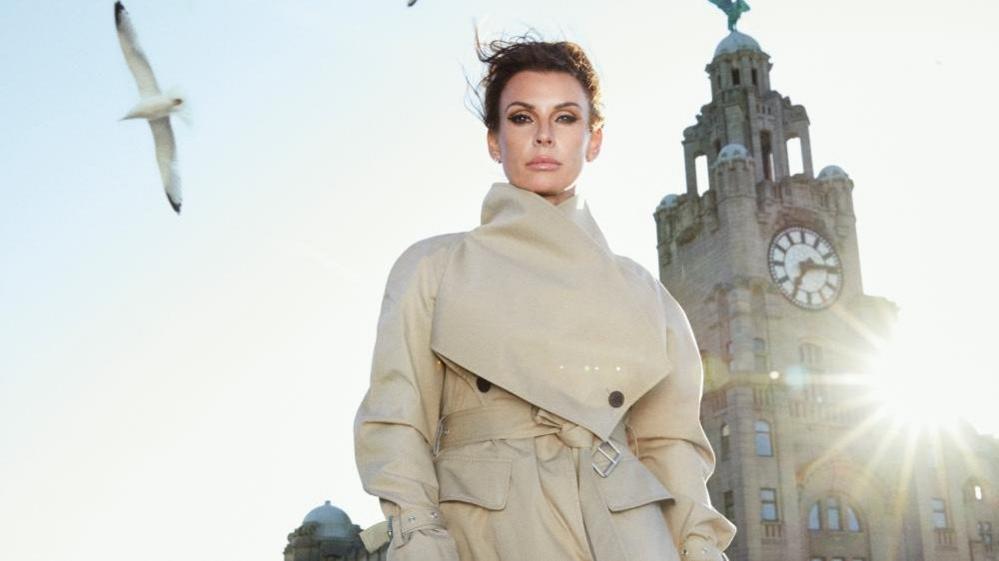
- Published19 May 2022
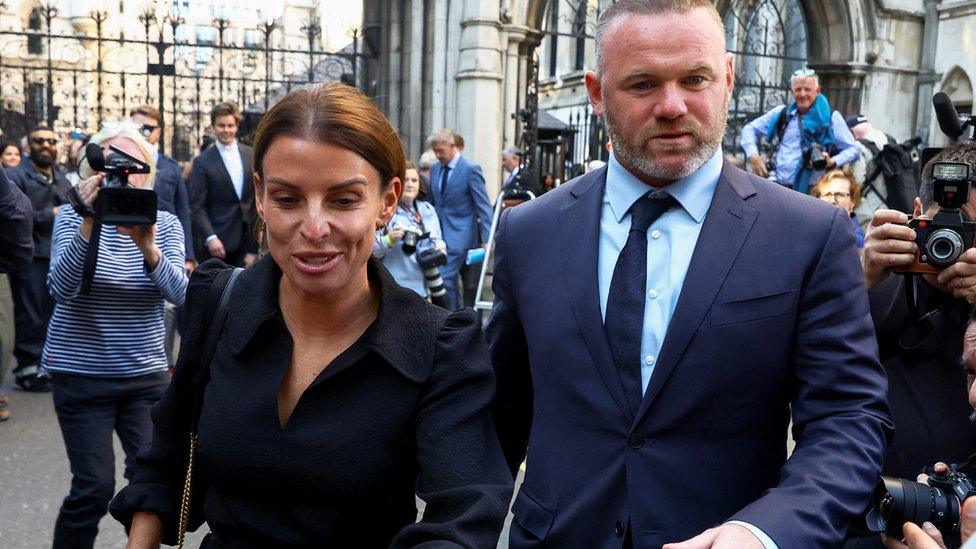
- Published29 July 2022
